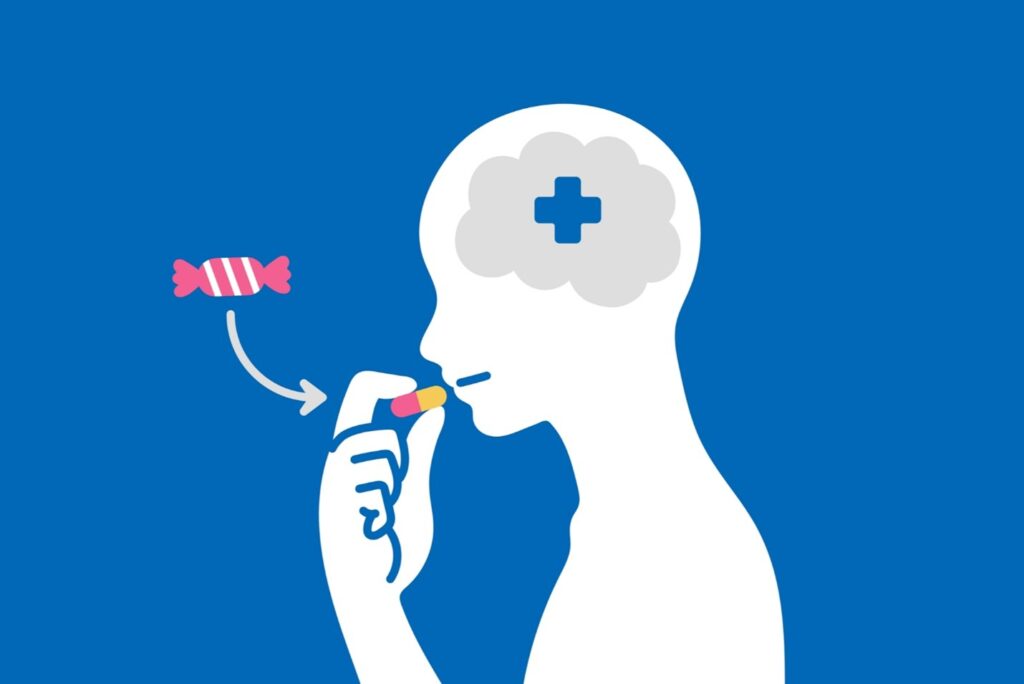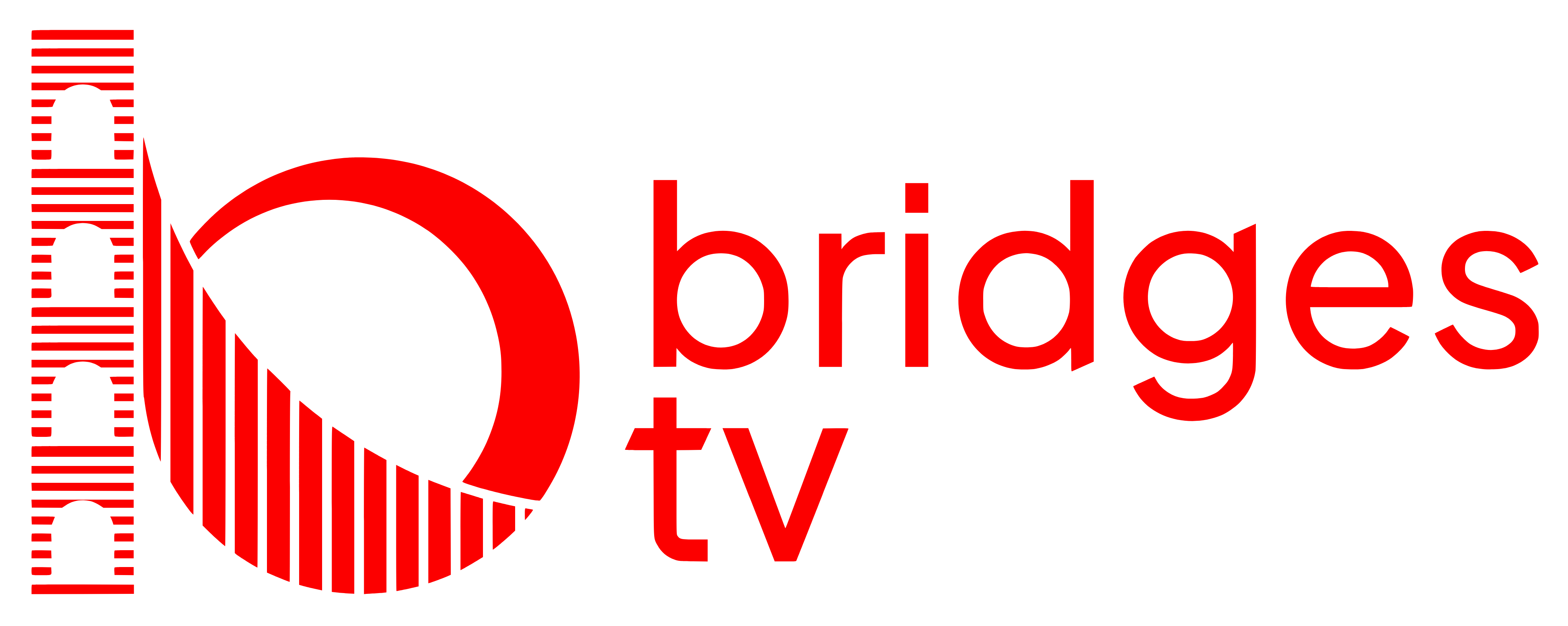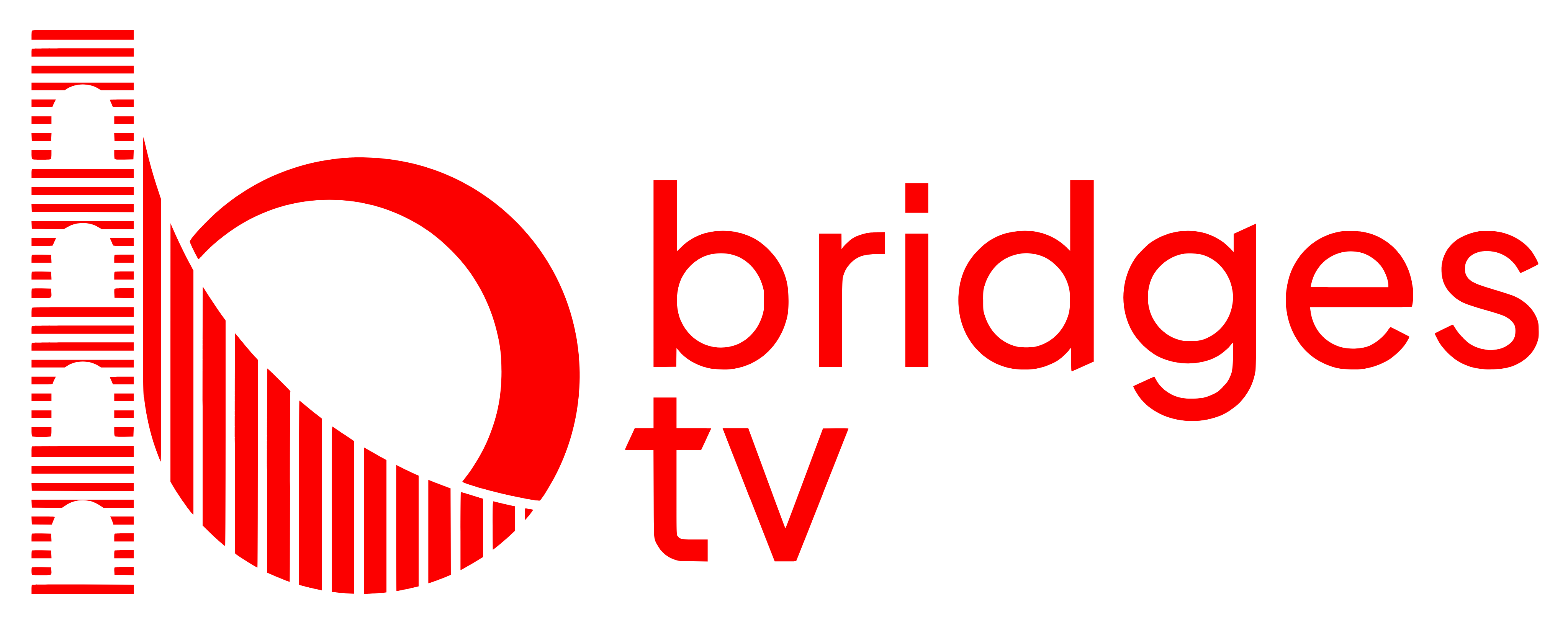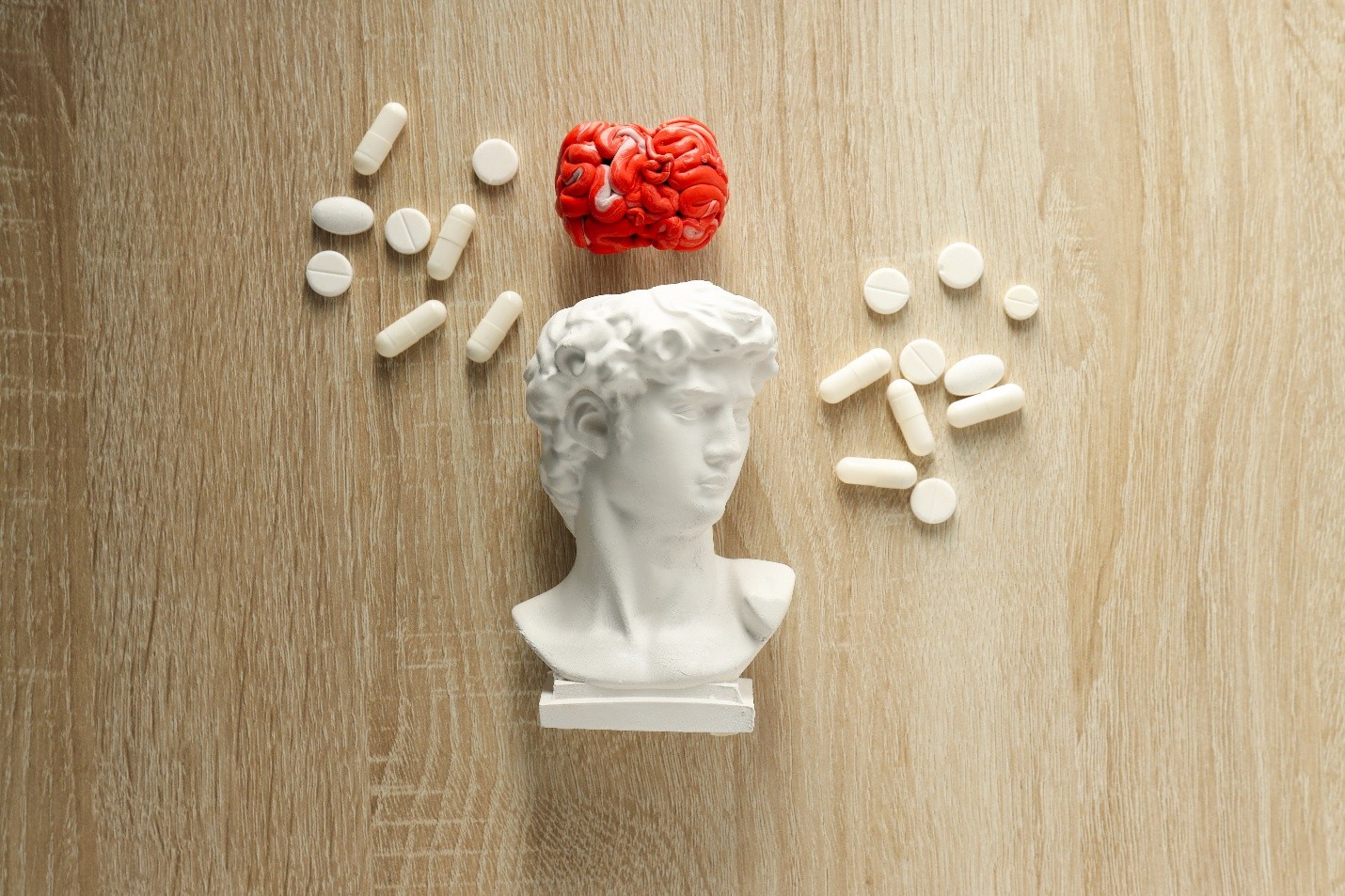The placebo effect is one of the most fascinating and misunderstood phenomena in medicine. It occurs when a person experiences real improvement in symptoms after receiving a treatment that contains no active ingredient. This response has been documented across many fields, including pain management, mental health, and physical performance. Far from being imaginative, the placebo effect is now recognized as a powerful demonstration of how belief and expectation influence the body.
From Early Beliefs to Modern Science
Physicians in the eighteenth and nineteenth centuries often gave harmless remedies to comfort patients when no better treatment existed. The term “placebo,” meaning “I shall please” in Latin, originally referred to medical interventions designed to reassure rather than to cure.
The modern scientific study of placebos began in the 1950s. In 1955, the anesthesiologist Henry Beecher published a famous paper titled “The Powerful Placebo,” showing that many patients experienced real pain relief even when receiving inactive treatments. This study encouraged researchers to use placebo-controlled trials, which later became the standard method for testing new medicines.
How Belief Alters Biology
Today, neuroscience provides clear evidence that placebos trigger measurable biological changes. When a person expects relief, the brain releases natural chemicals such as endorphins, which reduce pain, and dopamine, which improves mood. Researchers at the University of Michigan found that patients who responded to placebos showed increased activity in the brain’s opioid system, the same mechanism that painkillers use.
Brain imaging has also revealed changes in areas related to emotion, memory, and attention. These findings prove that the placebo effect is not a psychological trick. It is a real physiological response that begins with belief and spreads through the nervous system.
The Power of Expectation and the Nocebo Effect
The placebo effect depends not only on what a patient receives but also on the surrounding context. The appearance of a pill, the confidence of a doctor, and the treatment environment all influence how strongly a person expects recovery. A capsule in medical packaging produces a stronger effect than a plain pill. A doctor who communicates reassurance strengthens the body’s expectation pathways.
The reverse mechanism is called the nocebo effect. When a patient expects harm or side effects, the body can produce symptoms even when receiving a harmless substance. Studies show that patients who read long lists of potential side effects are more likely to experience them, regardless of the actual medication. This demonstrates that expectation is not neutral. It has the power to heal or harm.
Placebo Beyond Medical Treatment
The placebo effect appears in daily life far beyond hospitals. Athletes improve performance when they believe they are taking performance-enhancing supplements, even when the supplements contain no active compounds. People who think they are drinking caffeinated coffee often feel more alert and focused, even when the drink is caffeine-free.

Economic and Business Implications
The placebo effect plays an important role in the global pharmaceutical and wellness industries. Clinical trials compare a new drug against a placebo to determine its true effectiveness. This makes placebo responses a crucial part of the drug development process.
The wellness market, which includes supplements, detox products, and energy boosters, often relies on a mixture of expectation, branding, and personal belief. Even when scientific evidence is limited, customers may report genuine benefits because the mind responds to the promise of improvement. Understanding the placebo effect helps explain why certain industries continue to grow despite mixed scientific results.
Ethical Questions in Modern Medicine
As science continues to uncover the power of belief, doctors face an ethical challenge: Should placebos be used intentionally when they can help patients? Traditionally, deception has been considered unethical. However, new research on open-label placebos has changed the debate. Studies led by Ted Kaptchuk at Harvard Medical School show that patients can experience improvement even when they are told they are receiving an inactive substance. This suggests that transparency and belief can work together.
A Deeper Understanding of Human Potential
The placebo effect reveals a profound truth about the human body. Healing is not only a chemical process but also a psychological one. Expectation, hope, trust, and the meaning we attach to treatment all shape biological responses. While placebos cannot replace real medicine, they show how powerful the mind can be in supporting recovery.
The more science learns about this connection, the more it becomes clear that belief is not superficial. It is a biological force that works alongside medicine and sometimes even prepares the body to heal itself. In this sense, the placebo effect does not simply reflect imagination. It reflects the remarkable partnership between the mind and the body.








